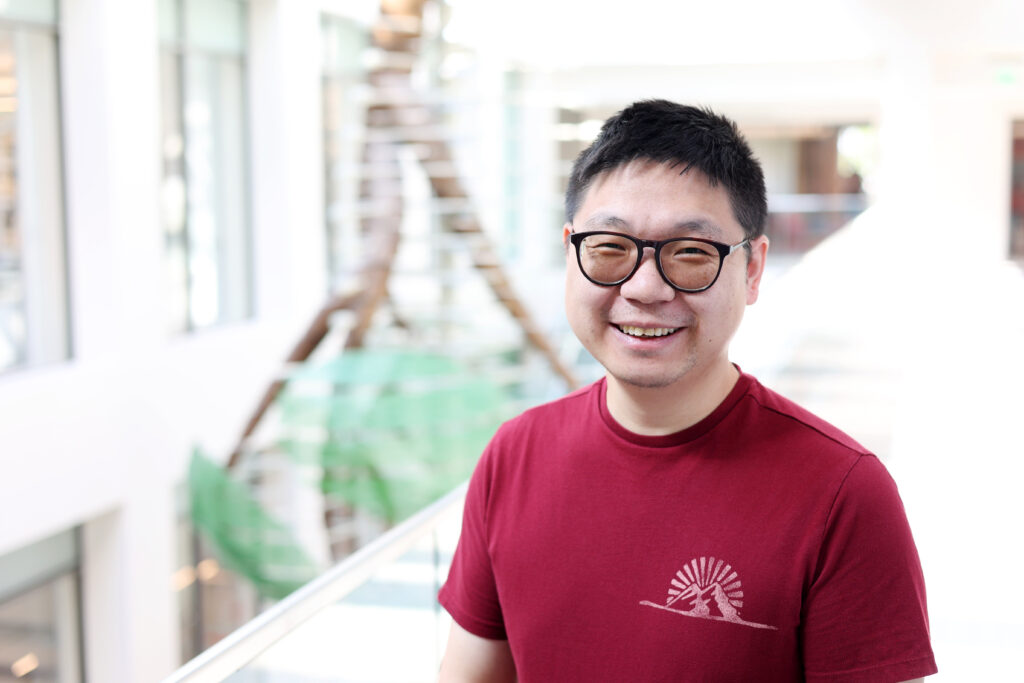Research Corporation for Science Advancement, the Arnold and Mabel Beckman Foundation, and the Frederick Gardner Cottrell Foundation have funded seven team proposals for collaborative projects pairing advances in automation and AI to key questions in fundamental research in the second year of the Scialog: Automating Chemical Laboratories initiative.
RCSA Senior Program Director Andrew Feig, who leads the initiative, reminded participants that foundations are willing to take risks that federal agencies typically won’t and that Scialog is specifically designed to support innovative, boundary-pushing research that might fail but could also lead to transformative outcomes.
“If 100% of the proposals work exactly as described, we were not risky enough,” he said. “We want to reach far enough to transform the world.”
 Scialog is short for “science + dialog.” Created in 2010 by RCSA, Scialog’s unique format aims to accelerate breakthroughs by building a creative network of scientists that crosses disciplinary silos, and by stimulating intensive conversation around an important scientific theme. Early career participants are selected from multiple disciplines, approaches and methodologies, and are encouraged to form teams to propose high-risk, high-reward projects based on innovative ideas that emerge during the conference.
Scialog is short for “science + dialog.” Created in 2010 by RCSA, Scialog’s unique format aims to accelerate breakthroughs by building a creative network of scientists that crosses disciplinary silos, and by stimulating intensive conversation around an important scientific theme. Early career participants are selected from multiple disciplines, approaches and methodologies, and are encouraged to form teams to propose high-risk, high-reward projects based on innovative ideas that emerge during the conference.
Long Luo’s team was selected among 6 others to receive the award of $60,000 in direct costs, with the proposal titled, An Open-Source Modular Automated Laboratory System for Real-Time Monitoring of Continuous Electrosynthesis.
Long Luo is an Associate Professor at the University of Utah Department of Chemistry. The research goal of his laboratory is to address grand challenges such as environment, energy, and health by designing, discovering, and synthesizing new functional materials and molecules and developing novel analytical methods, tools, and devices. The lab utilizes a “tetrahedron” approach to achieving this goal: “Electrochemistry is our core strength, from which we branch out to the four vertices of materials, sensing, catalysis, and organic synthesis, and further delve into the new research faces formed by connecting these vertices. This interdisciplinary approach values both in-depth fundamental understanding and real-world problem-solving.”
Congratulations to Long Luo and his team!
Read the full post from RESCORP.
6/12/2025
